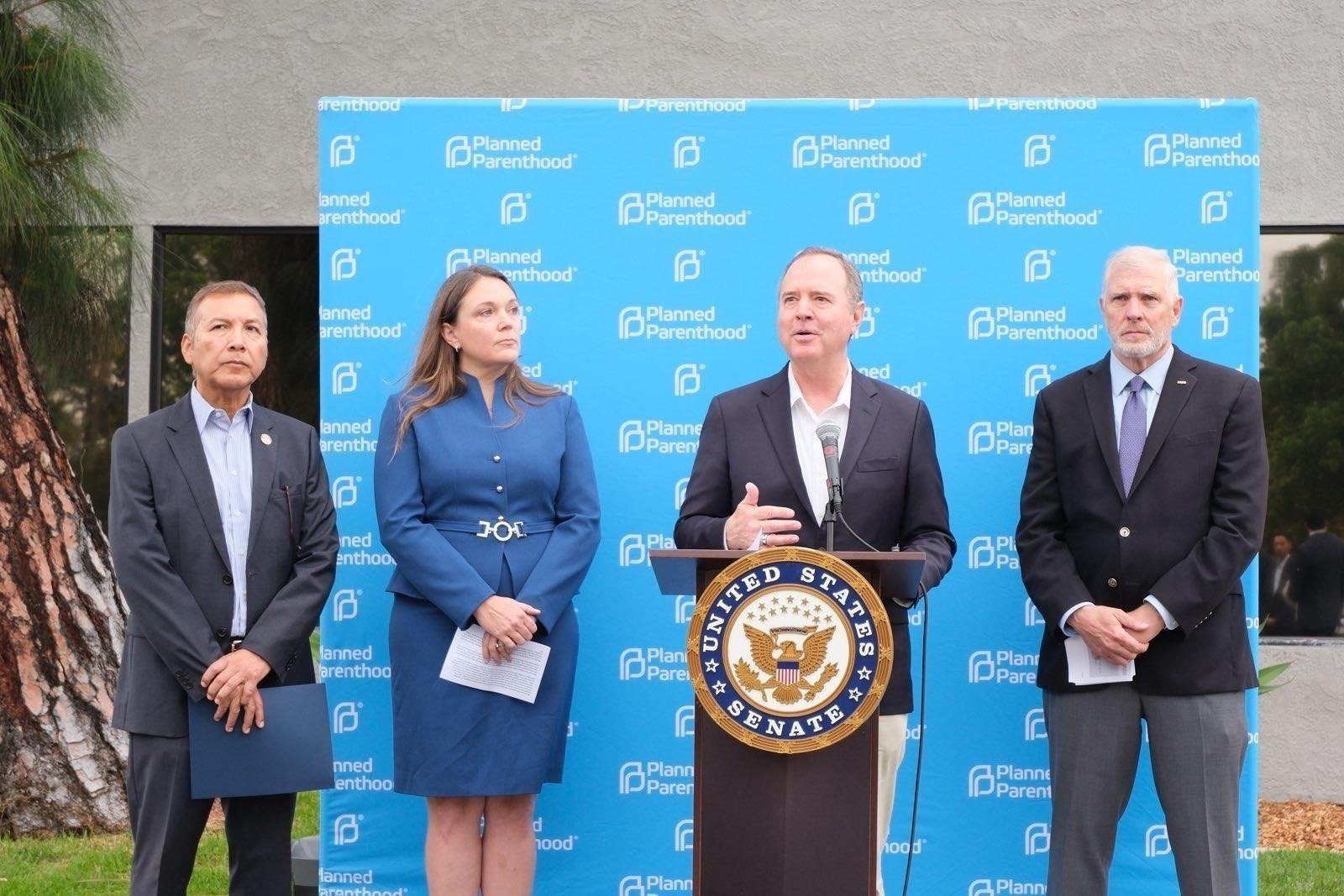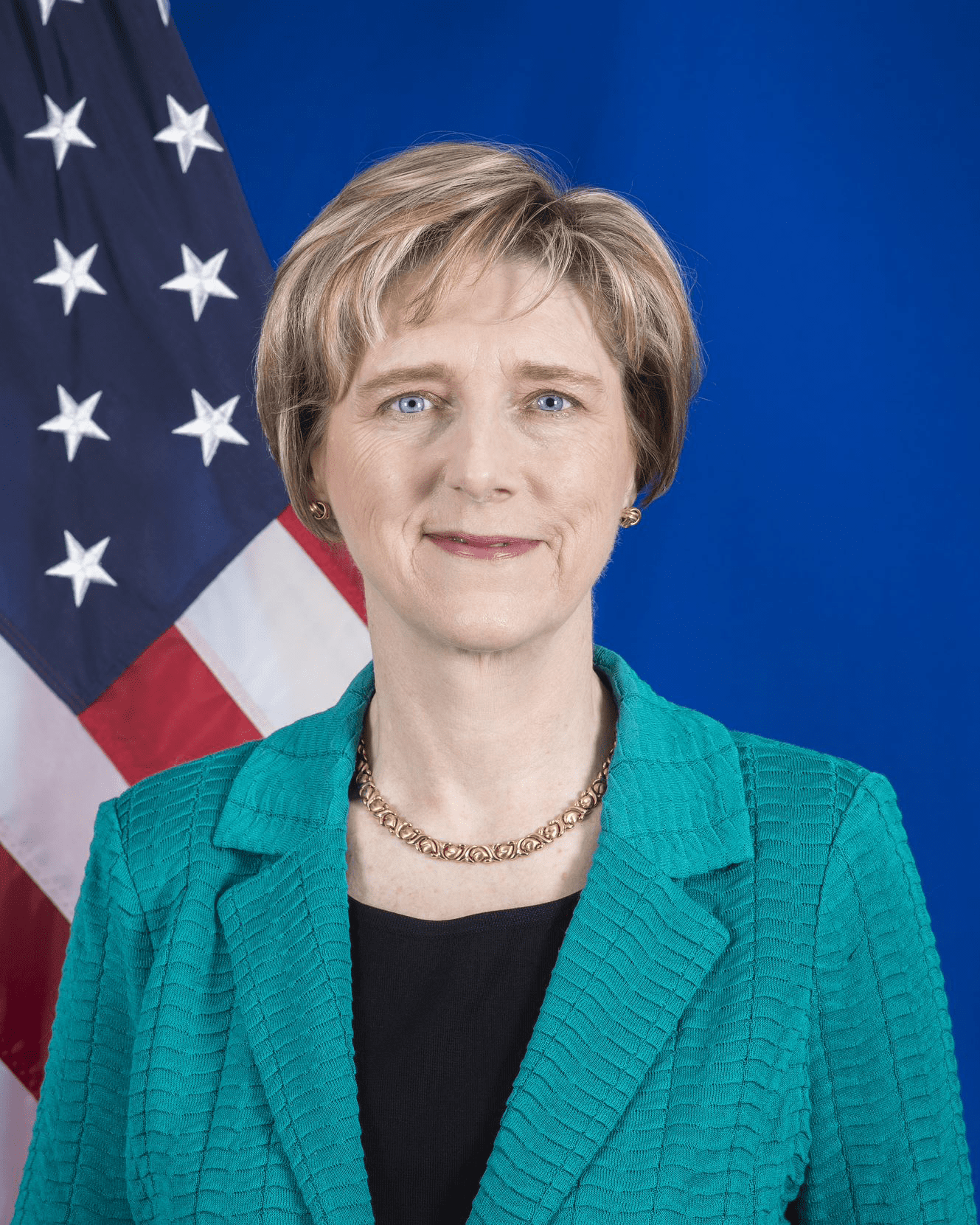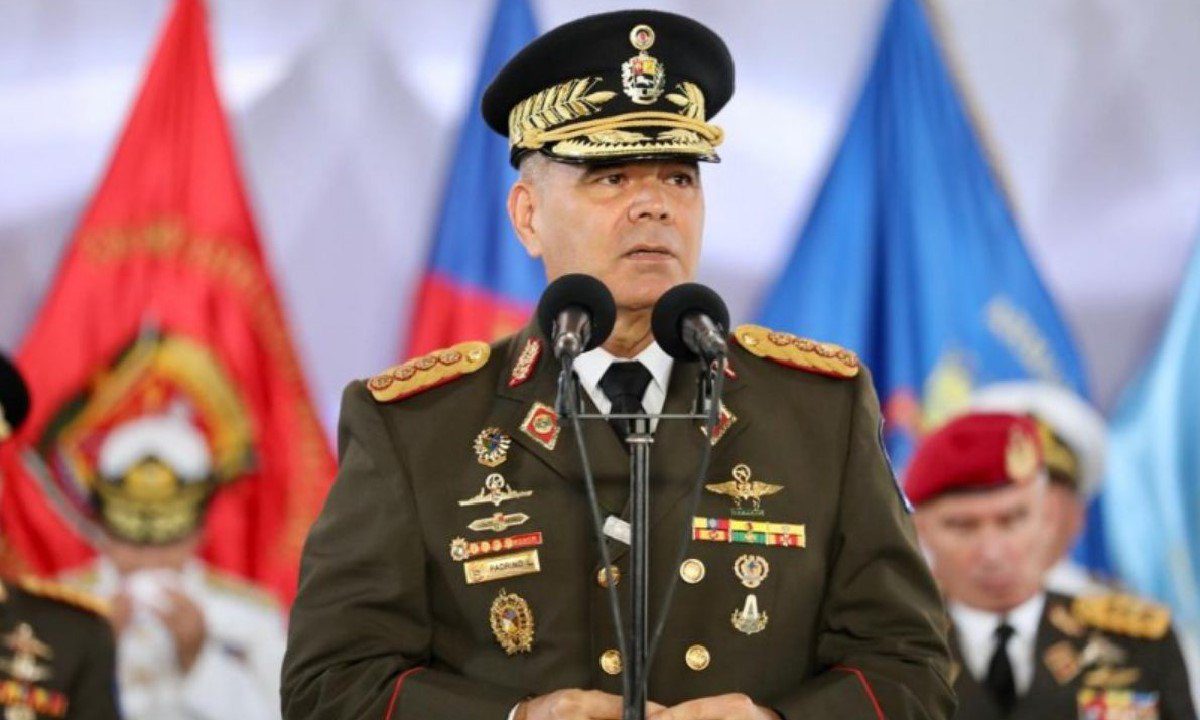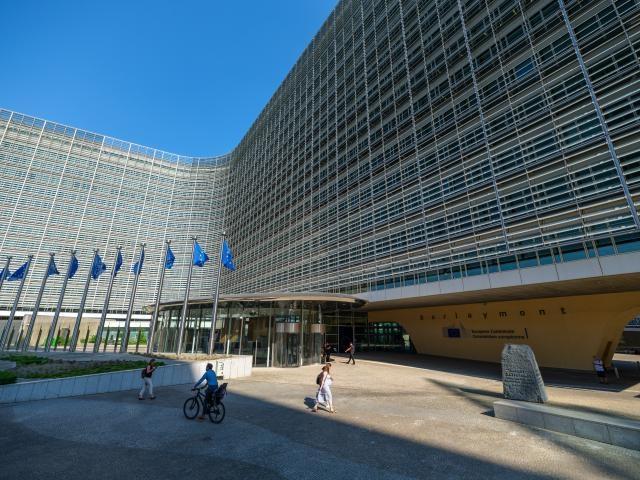A group of senators, led by Adam Schiff of California and Tim Kaine, both from the Democratic Party, has introduced Resolution 83, which seeks to end the use of the Armed Forces in Caribbean operations without explicit authorization from Congress. The initiative has also gained the support of Republican Senator Rand Paul. This effort adds to the initiative presented days earlier by the Progressive Caucus.Photo: social media
Guacamaya, October 8, 2025. The initiative, led by a group of senators, aims to end the use of the Armed Forces without Congressional authorization in actions against vessels allegedly linked to drug trafficking in waters near Venezuela.
A group of senators is once again bringing the debate about the limits of presidential military action to the table. A coalition of senators, headed by Adam Schiff, Tim Kaine, Ron Wyden, Bernie Sanders, Jeff Merkley, and with the support of Republican Rand Paul, introduced Resolution 83, which seeks to end the use of the Armed Forces for operations in the Caribbean without explicit Congressional authorization.
According to the text, since September 2, 2025, US military forces have carried out at least four lethal attacks against vessels attributed with alleged links to drug trafficking. These operations are reported to have resulted in 21 fatalities who have not yet been identified. The senators denounce that such actions were conducted without legislative approval, sufficient proof of an imminent threat, or clear legal justification.
The resolution emphasizes that the Executive Branch cannot assume the power to order military attacks against individuals or groups without a formal declaration of war or a specific authorization for the use of force. The document further criticizes the White House for having drawn up lists of organizations considered military targets without transparent criteria or validation by Congress.
The promoters of the measure warn that the fight against drug trafficking should focus on international police cooperation and not on military interventions, which could further destabilize the region. They also alert about the risk of this strategy escalating into an open conflict with Venezuela and worsening the migration crisis towards the United States.
Arizona Senator Rubén Gallego wrote on his X account that the proposal amounts to having no more wars, something that is deeply popular.
It should be recalled that on September 24, Representative Ilhan Omar (Minnesota), Vice President of the Congressional Progressive Caucus (CPC), presented a War Powers Resolution with the goal of stopping unauthorized military hostilities against Venezuela and against organizations that the Trump administration has unilaterally classified as terrorist.
The measure has the support of key figures within the CPC: Greg Casar (Texas), president of the bloc; Jesús “Chuy” García (Illinois), in charge of internal discipline; and Jim McGovern (Massachusetts), an influential member of the House Rules Committee. All agree that the recent attacks on vessels in the southern Caribbean, executed without legislative approval, lack legal justification.
Omar was categorical in stating that the military escalation “did not respond to an act of self-defense nor was it authorized by Congress.” In her view, the initiative seeks to reaffirm the separation of powers: “Only Congress has the power to declare war,” she insisted.
Greg Casar warned that we cannot “allow Donald Trump to drag the United States into another endless war with his reckless actions,” while activists and experts alert about a greater risk. Alex Main, from the Center for Economic and Policy Research, recalled that the White House has intensified drone operations and the accumulation of weaponry in the region, contradicting Trump’s discourse of being “against war.” In his opinion, this strategy is part of a long-standing attempt at regime change in Venezuela, accompanied by economic sanctions that have deteriorated the economy and exacerbated the humanitarian crisis.
Erik Sperling, director of Just Foreign Policy, emphasized that the majority of Americans “do not want their taxes to fund unauthorized regime change wars” and thanked the congressmembers defending the constitutional role of the legislature. “Wars must be debated and voted on in Congress, not decided by a president surrounded by the same hawks who promoted disastrous interventions in the past,” he stated.
With this resolution, the progressive wing of Congress seeks not only to stop the military escalation in the Caribbean but also to set a precedent in defense of civilian and parliamentary control over war decisions.
The proposal is supported by precedents: in 2020, the Senate approved with a bipartisan majority a resolution to limit military operations following the assassination of Iranian commander Qasem Soleimani, and in 2023, the end of the authorizations for the use of force in Iraq was voted on. Now, the legislative battle moves to the Caribbean, where Congress seeks to reaffirm its constitutional role in the face of the expansion of presidential power in matters of war.







